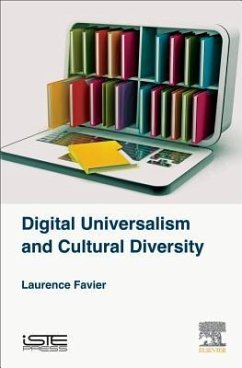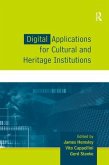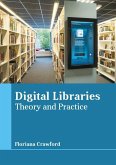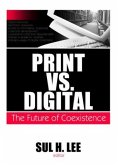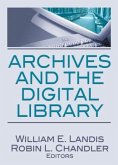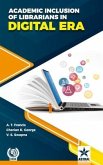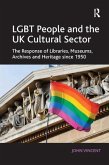Digital Universalism and Cultural Diversity details the concept of digital universalism as a wonderful horizon of an interconnected planet (men and objects) and the expression of a cultural hegemony that formats cultural diversity. It presents a few essential directions that are at the core of the debate between digital universalism and cultural diversity and the future perspectives to fathom. As the smartphone and its interfaces are at the center of most of our activities, it is important that we understand our behaviors and how they fuel connected digital devices. This book tackles these questions in the rapidly moving digital era.
Bitte wählen Sie Ihr Anliegen aus.
Rechnungen
Retourenschein anfordern
Bestellstatus
Storno

